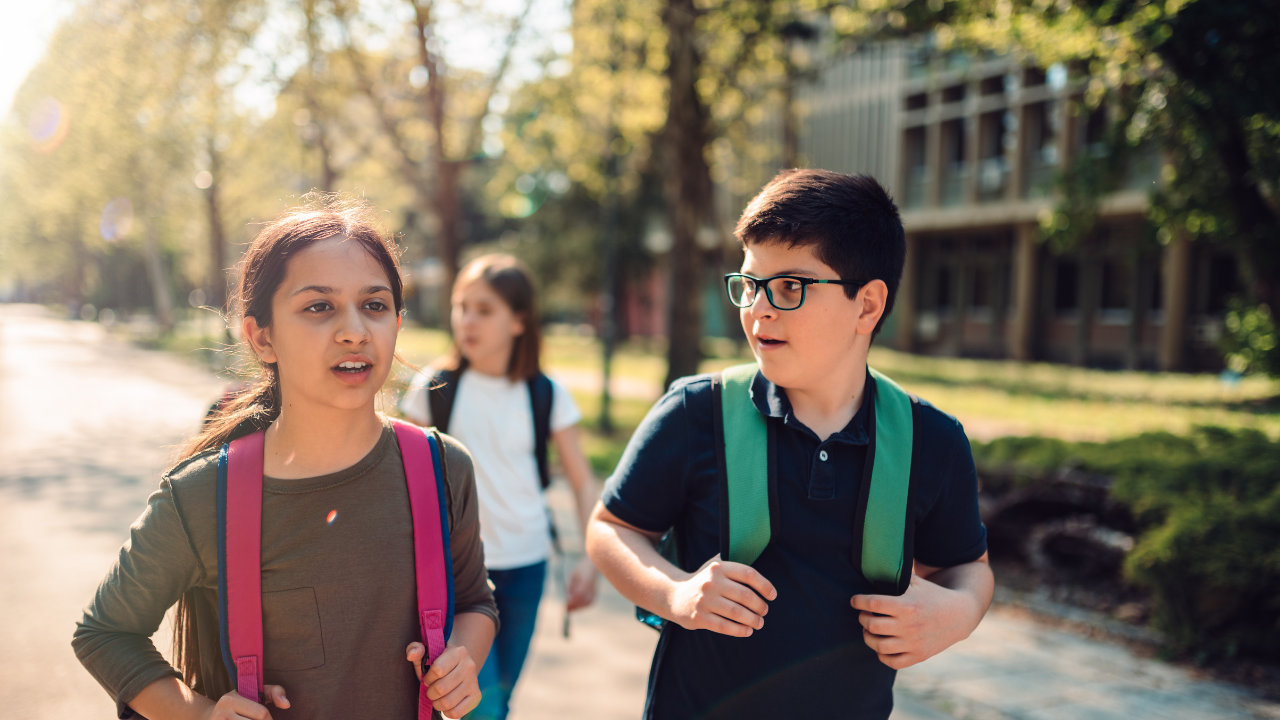Teaching Empathy to Children: A brief Guide

Teaching Empathy to Children: A brief Guide
Empathy plays a vital role in creating genuine human connections. Not only does it help us become more impactful in the world, but it also facilitates trust, which is critical for winning hearts and minds.
Empathy is a multidimensional concept with numerous attributes that contribute to its effectiveness. While we are still learning about how to express empathy, we are also discovering how to systematize and foster skills that can improve our empathetic capacity.
A child's empathic skill development is influenced by a wide range of experiences, including the way caregivers relate, communicate, and convey their mental models of the world to them. Cultural and social media influences also play a significant role in shaping young minds.
As a parent or teacher, you have a crucial role to play in the development of empathy in children. Raising a child in the digital age is not for the complacent. While you cannot predict what will happen as your child develops, you can prepare them by cultivating their empathic ability.
Here are some key ideas that can help you foster empathy in your children:
- Culture Matters: Children are born and exposed to the culture in which they are embedded. As such, it is essential to be open to talking about cultural and racial differences. Humans are prone to holding various biases, but we can learn to counteract unhelpful ones by recognizing them early.
- Celebrate Differences: By helping children appreciate similarities among differences, they are more likely to empathize with people they perceive as different. Fostering this ability can help them grow their capacity to empathize better.
- Taking Perspectives: Joining another person in their emotional experience can be draining for children. Some children run away when they see another child hurting because feeling another's pain is painful. However, avoiding difficult emotions altogether can cause them to avoid mastering the art of empathy. To show them that it's okay to feel other people's emotions and not lose themselves in the process, we need to first demonstrate this in our own lives.
- Empathizing Better: We empathize better when we like a person. Practicing to "like someone" intentionally can help make it easier to treat them well. For children, this is harder because they may not have the impulse control to suspend their dislike for someone. However, asking children to rate the emotions of someone else can help them empathize more, regardless of whether they are friends or not.
- Empathizing with Villains: Empathizing with villains can train our ability to have compassion for others. This does not mean condoning their behavior, but it helps us understand the rationalizations others make to justify their actions, rather than simply jumping to conclusions about their moral character.
- Avoid Creating Villains: Children/people are less likely to show empathy if they feel shame and are regarded as "the villain." We can act in villainous ways if we feel that others are using strategies to make us feel ashamed, threatened, or humiliated. Therefore, we must be mindful of our tactics.
- Reading Faces: Children can read faces, but the younger they are, the less sophisticated they are with face reading. Open discussions with children about facial expressions and body language, tone of voice gestures can help improve their understanding. One good exercise is to find photos of people in magazines and then make up a narrative that you co-create together. As you tell the story, you can mimic the facial expressions for depth and richness. Ask, "What do you think his face would look like if he was feeling this? Or what would he be doing with his hands?"

